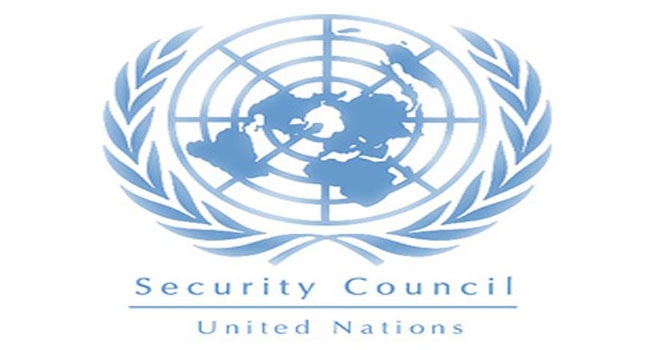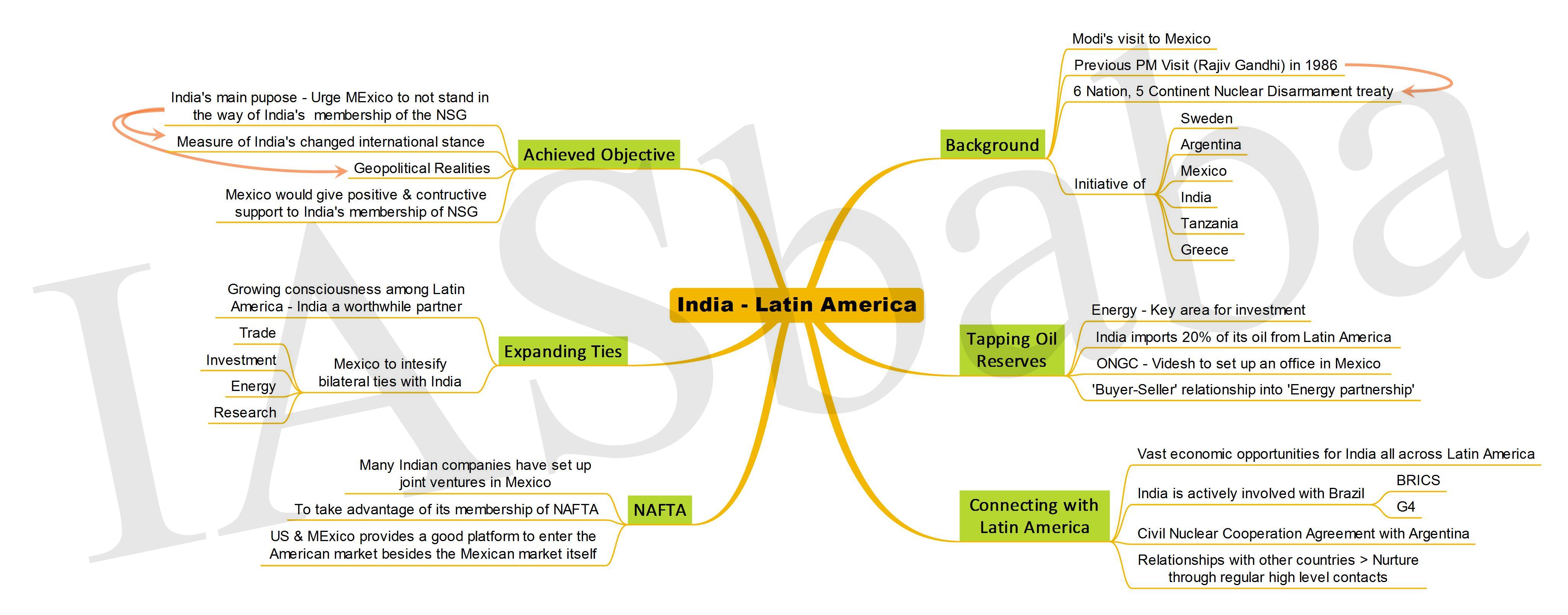IASbaba's Daily Current Affairs Analysis, IASbaba's Daily Current Affairs June 2016, International, Science and Technology, UPSC
Archives
IASbaba’s Daily Current Affairs – 13th June, 2016
SCIENCE & TECHNOLOGY
TOPIC
General studies 3:
- Science and Technology – developments and their applications and effects in everyday life Achievements of Indians in science & technology; indigenization of technology and developing new technology.
- Awareness in the fields of IT, Computers and issues relating to intellectual property rights.
General studies 2:
- Government policies and interventions for development in various sectors and issues arising out of their design and implementation.
Net Neutrality: India should keep an eye on Europe
India’s present status in regard to Net Neutrality:
Telecom Regulatory Authority of India (TRAI) is seeking comments on Net neutrality by June 21.
The pre-consultation paper asks for views from the stakeholders on over-the-top services, differential pricing for data services, and on other issues related to Net neutrality.
However, the pre-consultation buzz about Net neutrality is not confined to Indian shores.
- Even the European Union is embarking on a public consultation process on Net neutrality.
- The response of Indian citizens to zero-rated apps — the concept of certain applications, such as Facebook’s Internet.org, being provided free to customers — has emerged as one of the talking, even rallying, points for a similar campaign in Germany.
The Europe’s case:
The Body of European Regulators for Electronic Communications (BEREC) has launched a public consultation to interpret the new Net neutrality law passed in October 2015.
- Activists have called the current law an “ambiguous” one with “crucial loopholes” that could undermine the concept of a level playing field online.
- Activists criticize that – the law is neither with the telecom companies nor with the activists. It has been overcomplicated and could be interpreted either way.
This ambiguous law of Europe has already spurred telecom companies to offer special services. Some telecom companies have begun offering zero-rating with Facebook services.
But the heads of major media houses have issued an open letter condemning these kinds of agreements.
- Since, it benefits to those websites who can pay a couple of percent (of their revenue), small start-ups are going to suffer and there will be no level playing field.
- It is going to affect many media companies who might lose their right to publish themselves, hence resulting in loss of diversity in media.
- Statements such as these make the process of public consultation “critical” to ensure an implementable and fair set of guidelines
Why India should keep an eye on Europe?
- Unlike the Indian consultations which focused only on zero-rated applications, the EU law is comprehensive in tackling two other major challenges of Net neutrality: specialised services, which enable faster access to certain applications which have tie-ups with Internet providers, and traffic management, which allows Internet providers to peruse data and decide which Internet traffic is important and which is not, rather than the current system of equal distribution.
- In previous conferences on digital rights, Indian campaign had voiced a big ‘no’ for zero-rating — which was marketed as giving the poor ‘some Internet’ instead of ‘no Internet’.
- India’s response has been a lesson for Western politicians who are “worried” about stopping free zero-rated services.
- The Indian response was remarkable, as it was learnt that zero-rating might affect their start-ups and local voices.
- However, India had used a ready-made template during consultation process, as it was best suited for it, being a country of low awareness of digital rights.
- But now, Europe doesn’t want to adopt similar strategy of India’s in its consultation process. Since Europe has good awareness of digital rights and data protection, it can answer a few unanswered questions about net neutrality. Based on the responses, a template will be generated and sent to BEREC, the EU, or member states.
Therefore, a better outcome resulting from the similar debate in EU can help resolve issues related to Net traffic management and specialised services in India
India, which figures on top in the plans of Internet companies which are scrambling to “connect the last billion”, may well have to learn from the European legislation.
Discussions on specialised services and Internet traffic management are yet to be resolved. For which, India should keep an eye on Europe over the coming months.
Also read-
TRAI rules in favour of Net neutrality
INTERNATIONAL
TOPIC: General studies 2:
- Bilateral, regional and global groupings and agreements involving India and/or affecting India’s interests.
- Effect of policies and politics of developed and developing countries on India’s interests, Indian diaspora.
- Important International institutions, agencies and fora- their structure, mandate
Let’s get to know the UNSC—
The United Nations Security Council (UNSC) is one of the six principal organs of the United Nations; created following World War II to address the failings of another international organization, the League of Nations, in maintaining world peace.

Responsibilities:
- Maintenance of international peace and security
- Accepting new members to the United Nations
- Approving any changes to its United Nations Charter
Powers:
- Establishment of peacekeeping operations— Recommend procedures for peaceful resolution of a dispute (Considered to not be binding, as they lack an enforcement mechanism)
- Establishment of international sanctions
- Authorization of military action through Security Council resolutions; it is the only UN body with the authority to issue binding resolutions to member states (the legal basis for UN armed action in Korea in 1950 during the Korean War and the use of coalition forces in Iraq and Kuwait in 1991 and Libya in 2011)
- Call upon other member nations to completely or partially interrupt economic relations as well as sea, air, postal, and radio communications, or to sever diplomatic relations
- Enforce its decisions militarily, or by any means necessary; to take action to protect civilians in an armed conflict, including taking action against genocide, war crimes, ethnic cleansing, and crimes against humanity
- Authority to refer cases to the Court in which the Court could not otherwise exercise jurisdiction (In 2011, asked the ICC to investigate the Libyan government’s violent response to the Libyan Civil War)
Members of the Security Council —
193 member states, more than 30 affiliated organisations, and a 40,000-strong staff
- Five permanent members: The U.K., the U.S., Russia, China, and France—can veto any substantive Security Council resolution, including those on the admission of new member states or candidates for Secretary-General
- 10 non-permanent members: Elected on a regional basis to serve two-year terms
India:
One of the biggest diplomatic challenges is to secure a permanent seat on the UN Security Council, even though…
- Second largest population (connect it with the demographic dividend)
- One of the largest economy in terms of PPP
- Leading IT power
- Largest troop contributor to UN Peace Keeping operations
- Image of a peace loving nation which produced the likes of Buddha and Gandhi
Historically-
- India – then still under British rule – was among the 51 original members of the UN when the organisation was formed in 1945.
- 1948: First tryst with the UNSC occurred over Kashmir, following an invasion by tribal forces backed by the Pakistani military. Pt. Nehru referred the matter to the UNSC, but was disappointed, particularly by the western powers, which treated the matter more as a dispute between two states rather than the invasion of one’s territory by the other
- Cold War Years: Following the war, India played an active role in the repatriation of prisoners-of-war and refugees, consolidating its reputation as a champion of peaceful conflict resolution in the UN, variously contributing troops, senior officials, military observers and humanitarian assistance to a diverse set of UN operations in west Asia, Africa and Asia.
Post 1991:
- India began voicing a demand for greater representation in international organisations based on its national capabilities and contributions to the UN system since its inception; which translated into a demand for permanent membership at the UNSC.
- 1998: India shook the global stage with a series of nuclear tests. International reaction was sharply negative but short-lived – instead of opprobrium, India earned recognition from the great powers for its emerging status as a rising power to be reckoned with
(Mohan 2003)— but the recognition was buoyed by the rapid economic growth that post-1991 economic reforms had generated
- Responsible leadership witnessed (2011-12): India counselled restraint on the question of military intervention, emphasising the importance of undertaking well-planned and adequately resourced UN missions, it upheld its role as a guardian of the UN Charter and its goals. Also, the Indian mission to the UN highlighted—the need for concerted UN action on— Global terrorism and piracy, two key threats to India’s security and commercial interests.
Primary causes of India’s mixed record can be traced back to three factors –
- Unavailability of resources:
- MEA needs to expand (India needs more and better-supported personnel to meet its international aspirations)
- The “software” of India’s foreign policy, that is, the intellectual and institutional infrastructure required to engage productively in international affairs, is woefully inadequate. (Not a single Indian think tank features among one ranking of the world’s top 30 think tanks)
- Insufficient engagement with varying normative perspectives on UNSC issues— Inability to come up with a clear and compelling narrative on why it was taking the stances that it did and what were the underlying considerations behind its responses to various issues (tendency to focus on the merits of each case without any heed to broader global patterns, underlying normative contestation, or the intellectual currents in other capitals of the world)
- An over-reliance on entitlement as the foundation of India’s claims to a permanent seat
IASbaba’s Views:
- The United Nations is often at odds with contemporary reality, because it has not, at its core, shifted from the international power structure of 1945 and thus, it is imperative to undertake further expansion of this body to reflect the current global dynamics and to give equitable representation to different geographical regions in the world. Global peace and security architecture cannot continue to remain based on the supremacy of those allied powers. (http://iasbaba.com/2015/09/iasbabas-daily-current-affairs-14th-september-2015/)
- India’s Strategy—
- India should considerably contribute greater resources, to middle and smaller powers in the UN (Middle East)
- MEA needs to engage in a wider public dialogue on what India’s positions should be on key aspects of international issues today, including sovereignty, intervention and the use of force, both domestically and internationally (esp. when India is faced with major internal and regional security challenges)
- India should engage in coalition building with other rising powers as investing in relationships could bolster its international profile—increasing its influence and footprint within the international system
Connecting the Dots:
- ‘True multilateralism requires full and equal participation of all nations – big and small – in the multilateral decision-making process’ Comment
- Has India confused ‘contribution to international security’ with sending troops to serve on United Nations peacekeeping mission? Discuss
MUST READ
Nothing personal about it
Related Articles:
A Wider Battle
Related Articles:
A rejig in time
Related Articles:
India’s shaky ‘sovereign wealth fund’
The terror on our roads
Related Articles:
India’s draft road transport and safety bill
Public transport: Overwhelming Needs but Limited Resources
Innovation is not enough
Payments banks: How many more will call it quits?
Related Articles:
Cracking the payments bank puzzle
Payment Banks: Banks for the unbanked aam aadmi
One institution at a time
Three bumps in the road ahead
MIND MAPS
1. India and Latin America












